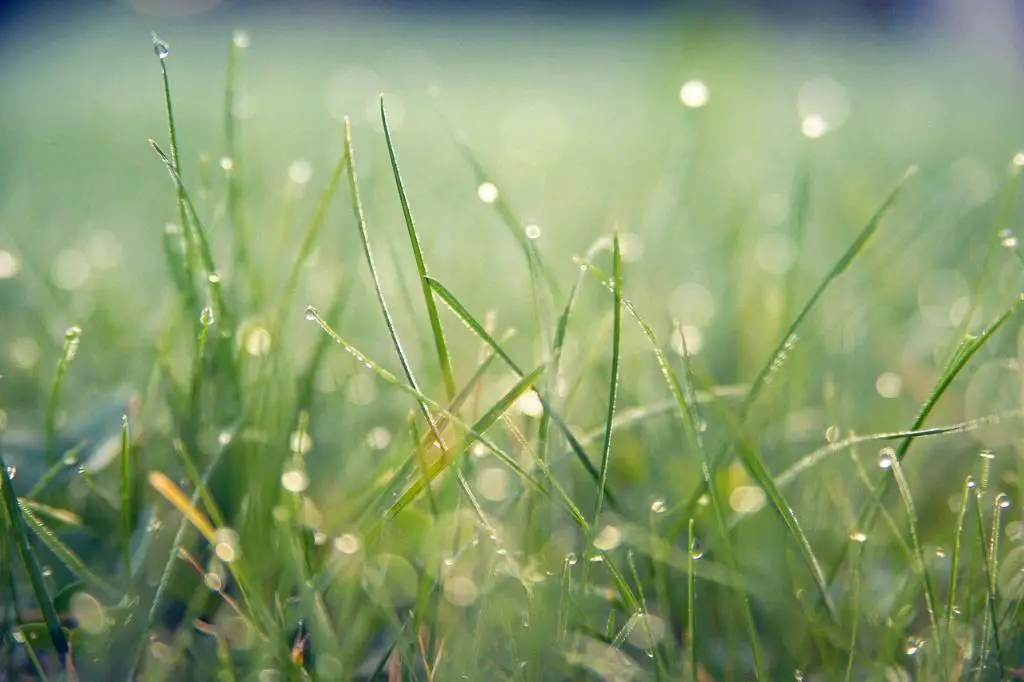When it comes to lawn care, fertilizing plays a vital role in promoting healthy growth and maintaining that lush green appearance we all desire. However, there is a fine line between providing your lawn with the nutrients it needs and overdoing it with fertilizer. The same nutrients that are essential for a thriving lawn – nitrogen, phosphorus, and potassium – can become harmful if applied excessively.
One of the most common issues that arise from over-fertilizing is known as fertilizer burn. This occurs when too much nitrogen and salt build up in the soil, leading to the roots being unable to absorb water properly. As a result, the grass can start to turn brown, wilt, and even die in severe cases. Recognizing the signs of over-fertilization is crucial to address the problem before irreversible damage occurs.
So, how can you tell if you’ve gone overboard with fertilizing your lawn? Keep an eye out for clues such as yellowing or browning of the grass, particularly at the tips. Excessive growth, weak or spindly stems, and an increase in thatch buildup are also indicators of too much fertilizer being applied. Understanding these symptoms can help you take corrective action before it’s too late.
Another consequence of over-fertilizing is the negative impact it can have on the environment. When excess nutrients from fertilizers leach into the soil and waterways, it can lead to harmful algal blooms and water pollution. By using fertilizer responsibly and following proper application guidelines, you can prevent these environmental hazards and protect the ecosystem around your lawn.
Proper timing and frequency of fertilization are crucial factors to consider to avoid overdoing it. Applying fertilizer at the right time of year when the grass is actively growing can maximize its benefits without overwhelming the soil. It’s important to follow recommended dosage instructions and not exceed the suggested amounts to prevent over-fertilization.
Creating a fertilization schedule based on the specific needs of your lawn can help you maintain a healthy balance of nutrients throughout the growing season. Factors such as soil type, grass species, and weather conditions all play a role in determining how much and how often you should fertilize. By understanding these variables, you can tailor your fertilization routine to suit your lawn’s requirements.
When it comes to choosing the right type of fertilizer, selecting a balanced formula that provides the necessary nutrients in the correct proportions is key. Avoid using high-nitrogen fertilizers in excess, as they can stimulate rapid growth that weakens the grass and makes it more susceptible to diseases and pests. A soil test can help you identify any nutrient deficiencies and customize your fertilizer application accordingly.
In addition to affecting the health of your lawn, over-fertilizing can also put a strain on your finances. Wasting money on unnecessary fertilizer applications not only harms your wallet but can also lead to a vicious cycle of dependency on artificial nutrients. By adopting a more sustainable approach to lawn care and focusing on soil health, you can reduce the need for excessive fertilization.
To rectify the effects of over-fertilization, the first step is to stop applying any more fertilizer immediately. Watering the lawn thoroughly to flush out excess nutrients and help dilute the soil can aid in preventing further damage. Aeration and dethatching can also promote soil aeration and improve nutrient uptake, restoring the health of your lawn over time.
Ultimately, the key to maintaining a vibrant and healthy lawn lies in finding the right balance when it comes to fertilization. By understanding the potential risks of over-fertilizing and taking proactive measures to prevent it, you can ensure that your lawn thrives without succumbing to the negative consequences of excessive nutrient application. Remember, a little goes a long way when it comes to fertilizing – moderation is key.

